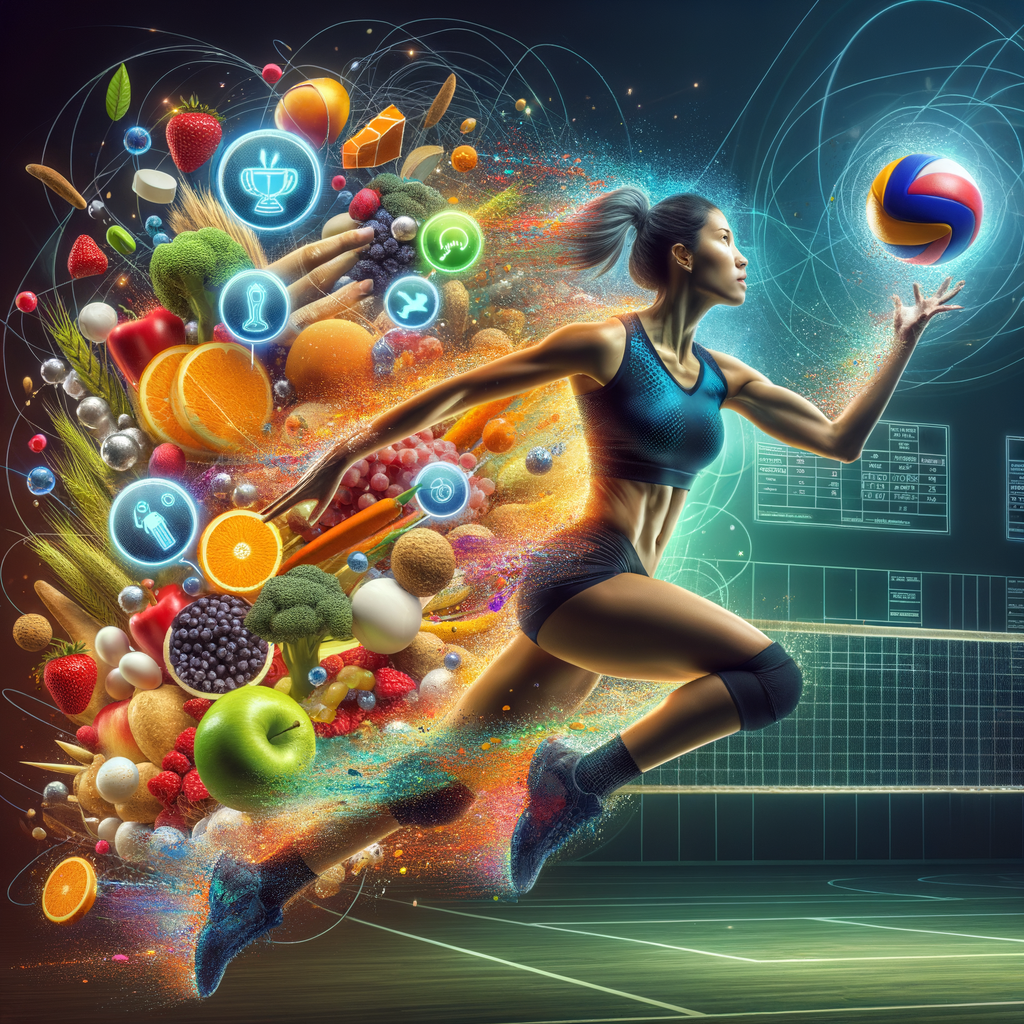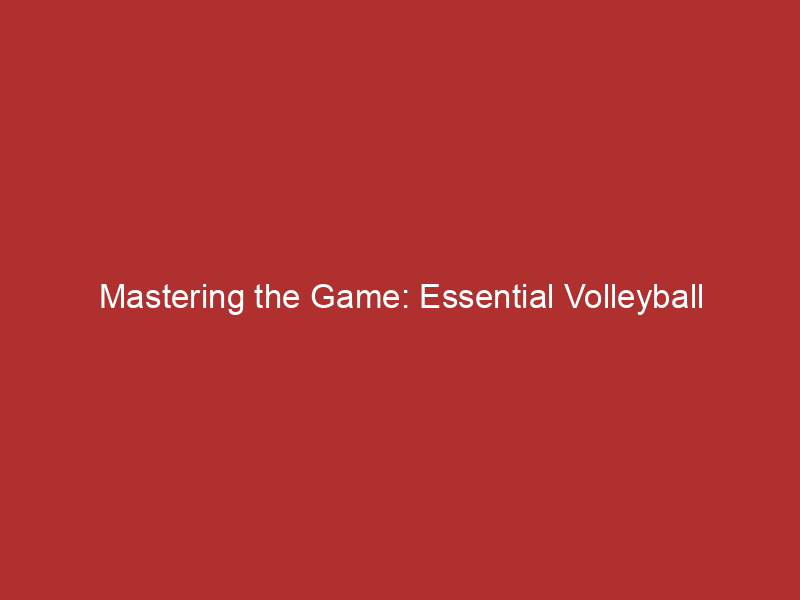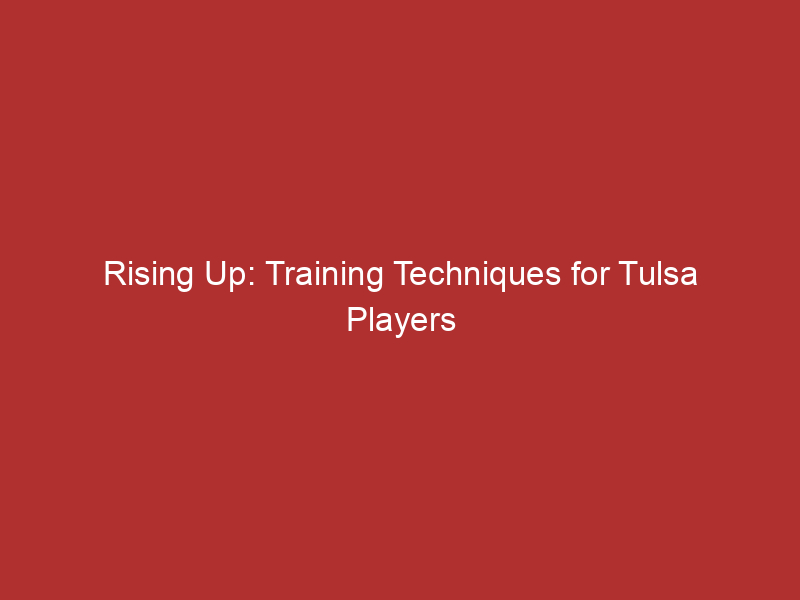
Introduction to Volleyball Nutrition
When it comes to sports, what you eat matters just as much as how you play. This is especially true for volleyball players who need to maintain their energy and strength throughout long and intense matches. In this article, we will explore the importance of nutrition in sports and the specific nutritional needs of volleyball players.
- The Importance of Nutrition in Sports
- Specific Nutritional Needs for Volleyball Players
Nutrition plays a crucial role in sports. It fuels our bodies, supports our physical activities, and helps us recover after strenuous workouts. According to a study by the American College of Sports Medicine, athletes who don’t get enough nutrients risk poor performance and injuries. They also take longer to recover from workouts.
Imagine your body as a car. Just like a car needs gas to run, your body needs food to function. But not just any food. Your body needs the right kind of food – a balanced mix of carbohydrates, proteins, and fats. Without these, your body won’t perform at its best.
Volleyball is a demanding sport. It requires agility, speed, and endurance. To meet these demands, volleyball players need a diet that provides enough energy and supports muscle recovery.
Carbohydrates are the body’s main source of energy. They fuel your muscles and keep you going during long matches. Proteins, on the other hand, help repair and build muscles. They are essential for recovery after intense training sessions. Fats are also important. They provide energy, support brain function, and help absorb vitamins.
But it’s not just about what you eat. When you eat is also important. Eating a balanced meal 2-3 hours before a match can provide the energy you need. Having a protein-rich snack after the match can help with recovery.
In the following sections, we will delve deeper into the types of nutrients athletes need and how to balance them for optimal performance. So, whether you’re a seasoned player or just starting out, stay tuned for more valuable insights on volleyball nutrition.
Understanding Macro Nutrients for Athletes
When it comes to athletic performance, understanding the role of macro nutrients is crucial. But what exactly are macro nutrients, and why are they so important for athletes? Let’s dive in and find out.
What are Macro Nutrients?
Macro nutrients are the primary nutrients our bodies need in large amounts to function properly. They provide the energy we need to perform various activities, including sports. There are three main types of macro nutrients: carbohydrates, proteins, and fats.
- Definition and types of Macro Nutrients
- The role of Macro Nutrients in the body
Carbohydrates are the body’s main source of energy. They are broken down into glucose, which is used by our cells for energy. Proteins are essential for building and repairing tissues, including muscles. They are made up of amino acids, which are the building blocks of our bodies. Fats, on the other hand, are a concentrated source of energy. They also help protect our organs and help our bodies absorb vitamins.
Each macro nutrient plays a unique role in our bodies. Carbohydrates fuel our muscles and brain, proteins help repair and build tissues, and fats provide a source of long-term energy. For athletes, a balanced intake of these macro nutrients is essential. It helps to maintain energy levels, supports muscle growth and repair, and aids in overall athletic performance.
In conclusion, understanding macro nutrients and their role in the body is a key part of athletic nutrition. By ensuring a balanced intake of carbohydrates, proteins, and fats, athletes can optimize their performance and maintain their health.
Macro Nutrients and Athletic Performance
Understanding the role of macro nutrients in athletic performance is crucial for any athlete, especially those in volleyball. These nutrients provide the energy needed to perform at your best and recover quickly after intense games and practices.
- How Macro Nutrients Contribute to Peak Volleyball Performance
- Examples of Athletes Who Have Benefited from Macro Nutrient Balance
Macro nutrients, which include carbohydrates, proteins, and fats, play a significant role in an athlete’s performance. Let’s break down how each of these nutrients contributes to peak volleyball performance.
| Macro Nutrient | Role in Athletic Performance |
|---|---|
| Carbohydrates | Carbohydrates are the body’s primary source of energy. They fuel your muscles and brain during a volleyball game, helping you maintain peak performance throughout. |
| Proteins | Proteins are essential for muscle recovery and growth. After a tough game or practice, your muscles need protein to repair and grow stronger. |
| Fats | Fats, especially unsaturated fats, provide long-lasting energy and aid in nutrient absorption. They also help maintain healthy joints, which is crucial for volleyball players who are constantly jumping and diving. |
Many successful athletes have seen significant improvements in their performance by maintaining a balanced intake of macro nutrients. Let’s look at a couple of examples.
Example 1: Kerri Walsh Jennings
Kerri Walsh Jennings, a three-time Olympic gold medalist in beach volleyball, credits a balanced diet rich in macro nutrients for her sustained energy levels and quick recovery times. She emphasizes the importance of carbohydrates for energy, proteins for muscle recovery, and healthy fats for long-lasting fuel.
Example 2: Karch Kiraly
Karch Kiraly, considered one of the greatest volleyball players of all time, also stresses the importance of a balanced diet. He believes that a proper balance of macro nutrients has been key to his long and successful career.
In conclusion, a balanced intake of macro nutrients can significantly enhance an athlete’s performance and recovery. By understanding the role of these nutrients and incorporating them into your diet, you can take your volleyball game to the next level.
Balancing Nutrients for Sports
When it comes to sports, nutrition plays a crucial role. It’s not just about eating healthy, it’s about balancing the right nutrients to fuel your body for optimal performance. This is particularly true for high-intensity sports like volleyball. Let’s explore how to create a balanced volleyball diet plan.
Creating a Balanced Volleyball Diet Plan
Creating a balanced diet plan for volleyball players involves considering several factors and understanding the specific nutritional needs of the sport. Here’s a closer look:
- Factors to consider when creating a diet plan
- Sample Volleyball diet plan
1. Energy Needs: Volleyball players need a diet rich in carbohydrates to fuel their energy levels during games and practices.
2. Protein Intake: Protein is essential for muscle recovery and growth. It should be included in every meal.
3. Hydration: Staying hydrated is crucial. Water and sports drinks can help replenish lost fluids and electrolytes.
4. Timing: When you eat is just as important as what you eat. Pre and post-game meals should be planned carefully.
A sample volleyball diet plan might include a balance of carbohydrates, proteins, and fats. Here’s a simple example:
| Meal | Food |
|---|---|
| Breakfast | Oatmeal with fruits and nuts, and a glass of milk |
| Mid-Morning Snack | Yogurt and a banana |
| Lunch | Grilled chicken with brown rice and vegetables |
| Afternoon Snack | Protein shake and a piece of fruit |
| Dinner | Salmon with quinoa and salad |
Remember, every athlete is unique and so are their nutritional needs. It’s always best to consult with a sports nutritionist to create a personalized diet plan.
Macro Madness in Sports
When it comes to sports nutrition, understanding the role of macro nutrients is essential. However, there are a lot of misconceptions and misunderstandings about these nutrients. Let’s clear up some of the common myths and provide some tips on how to avoid macro nutrient imbalance.
- Common misconceptions about Macro Nutrients in sports
- How to avoid Macro Nutrient imbalance
- Eat a variety of foods: Include a mix of proteins, carbohydrates, and fats in your diet. This ensures you’re getting all the nutrients you need.
- Understand your energy needs: The amount of macro nutrients you need depends on your activity level. Athletes need more energy than non-athletes, so they may need to consume more carbs and proteins.
- Stay hydrated: Water plays a crucial role in nutrient absorption and transport. Make sure you’re drinking enough water, especially during and after exercise.
One of the most common misconceptions about macro nutrients in sports is that athletes need to consume massive amounts of protein. While protein is important for muscle repair and growth, it’s not the only nutrient that matters. Carbohydrates and fats also play crucial roles in providing energy and supporting overall health.
Another misconception is that all fats are bad. In reality, healthy fats, like those found in avocados and nuts, are essential for energy and hormone production. They also help absorb vitamins and protect your heart.
Lastly, many people believe that athletes should avoid carbohydrates. However, carbs are the body’s main source of energy. Without enough carbs, athletes may feel tired and unable to perform at their best.
Avoiding macro nutrient imbalance is all about understanding your body’s needs and eating a balanced diet. Here are some tips:
Remember, every athlete is unique. What works for one person may not work for another. It’s important to listen to your body and adjust your diet as needed.
Nutrient Balance for Volleyball
For volleyball players, maintaining a balanced diet is crucial. This involves consuming the right mix of nutrients to fuel the body for high-intensity training and matches. Let’s delve into the specifics.
Enhancing Volleyball Performance through Nutrition
Proper nutrition can significantly enhance a volleyball player’s performance. By consuming the right nutrients in the correct proportions, players can improve their energy levels, speed, strength, and overall athletic performance.
- Key nutrients for enhancing volleyball performance
- Protein: Essential for muscle recovery and growth. It helps in repairing the muscle tissues damaged during intense training and matches.
- Carbohydrates: They are the body’s primary source of energy. Consuming enough carbohydrates ensures that players have the energy they need to perform at their best.
- Fats: While often overlooked, healthy fats are essential for energy and hormone production. They also help in the absorption of vitamins.
- Vitamins and Minerals: These are necessary for a variety of bodily functions, including energy production, bone health, and immune function.
- Case study: Volleyball players who have improved performance through nutrition
There are several key nutrients that can enhance a volleyball player’s performance. These include:
Let’s consider the case of a professional volleyball team that decided to focus on improving their nutrition. The team hired a sports nutritionist who developed a personalized diet plan for each player, focusing on the key nutrients mentioned above. After following the diet plan for six months, the team noticed significant improvements. Their energy levels were higher, they recovered faster from workouts, and their overall performance improved. This case study highlights the importance of proper nutrition in enhancing athletic performance.
In conclusion, a balanced diet rich in key nutrients can significantly enhance a volleyball player’s performance. By focusing on their nutrition, volleyball players can ensure they have the energy, strength, and stamina they need to excel on the court.
Conclusion: Mastering Your Volleyball Nutrition
In this article, we’ve explored the world of volleyball nutrition, focusing on the importance of macro nutrients for athletes, particularly volleyball players. Now, let’s recap and provide some final tips to help you master your volleyball diet plan.
- Recap of the importance of Macro Nutrients in volleyball
- Final tips for mastering your volleyball diet plan
Macro nutrients, namely proteins, carbohydrates, and fats, play a vital role in an athlete’s performance and recovery. Proteins help repair and build muscles, carbohydrates provide energy, and fats support overall health. For a volleyball player, a balanced intake of these nutrients is essential for optimal performance.
1. Plan Ahead: Prepare your meals in advance to ensure you’re getting the right balance of nutrients. This can help you avoid last-minute unhealthy choices.
2. Stay Hydrated: Water plays a crucial role in maintaining your energy levels and preventing dehydration during games. Make sure to drink plenty of fluids throughout the day.
3. Listen to Your Body: Everyone’s nutritional needs are different. Pay attention to how your body responds to different foods and adjust your diet accordingly.
4. Seek Professional Advice: Consider consulting a sports nutritionist who can provide personalized advice based on your specific needs and goals.
Remember, nutrition is a key component of your training and performance as a volleyball player. By understanding and applying the principles of macro nutrients, you can enhance your performance and reach your full potential. So, start mastering your volleyball nutrition today and see the difference it makes in your game!






